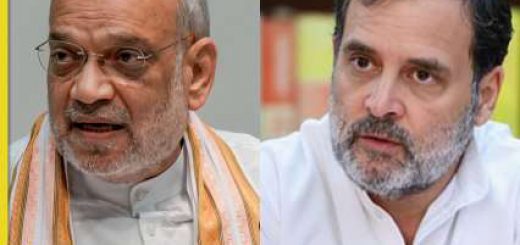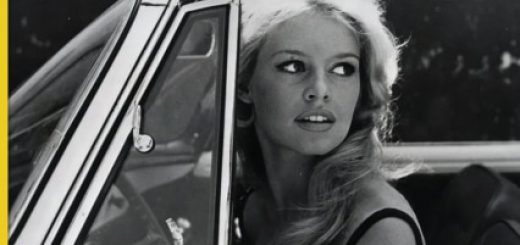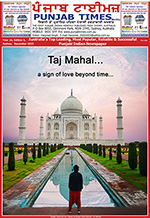The Pied Piper’s Rhapsody
Legendary English composer and musical mastermind Sir Andrew Lloyd Webber is accustomed to doing things his way. The three-time Grammy winner, who has been inducted in and on every musical hall and wall of fame does not enjoy dramatic tensions. This, despite his expertise in musicals such as The Phantom of the Opera, Cats and Jesus Christ Superstar, among others. So in the beginning of 2002, when a short Indian man told Lloyd to leave his shoes outside before entering Olympic Studios, Lloyd’s precious workplace in London, the musician wanted to unfurl his devil horns.
However, AR Rahman, the man who held Lloyd to ransom over the “shoe situation”, was unperturbed. He was inside the recording room, looking for new ways to remake tunes and rhythms. Lloyd recounted his woes to director and friend Shekhar Kapoor in a phone call made from outside the building.”He was wondering why he couldn’t enter his own studio with his shoes on. ‘My studio has been turned into a mosque, he rued’. I told him let him be,” says Kapoor in Jai Ho, one of the first biographical documentaries on Rahman that recounts this incident in great detail. The recordings happened barefoot and Bombay Dreams, a Bollywood musical, toured the world.
Directed by filmmaker Umesh Aggarwal and funded by Public Service Broadcast Trust (PSBT), the film will have its India premiere today in Delhi, where Rahman will also be present. The film had its world premiere at the Museum of Moving Images in New York in February.
Aggarwal’s Jai Ho tracks the philosophy behind the mad genius of the Mozart of Madras, against the backdrop of the changes in Bollywood, after Rahman’s debut in Mani Ratnam’s Roja (1992). The fresh whiff followed with Rangeela (1995), Bombay (1995), Pukar (2000), Dil Se (1998) and Taal (1999) among others. It also does one more significant thing — it gets Rahman to talk. “It was one of the biggest challenges. I had prepared questions, and knew what to ask if he ignored it the first and the second time. But soon, I realised that things can only work if you let Rahman be. I also made sure that I had a small team and familiar faces. Our cameramen had shot him at various concerts. The comfort zone was important,” says the 50-year-old, who shot the film in Chennai and Los Angeles, two cities that divide and bind Rahman’s work.
But it was a six-month wait for Aggarwal before the shooting could begin. After trying to get Rahman for two months, he just landed in Chennai one day. “I met his sister at KM Conservatory (Rahman’s music school), who passed on the message. Six hours later Rahman met me and took five minutes to say yes,” he says.
The film has Lloyd, Danny Boyle, Shekhar Kapoor, Ratnam, Gulzar, Subhash Ghai, Bharat Bala, and Alaka Yagnik, among others, talk about Rahman’s music, and what it meant at different times in his career and to the music industry. His career story is interwoven with Rahman’s personal life story — his struggles after his father’s death, grappling with the idea of being a musician, the day his mother sold all her jewellery to buy him studio equipment, ideas of spirituality, his eccentricities, and his process of creating music. It also goes on to highlight his international success after the acclaimed and Oscar-winning Slumdog Millionaire.
“Sometimes I feel like I know how to do the song. Then I do it and feel it’s all wrong. So every time I feel I know how to do a song, I know it’s wrong. So I just keep quiet and find the song. The approach is un-radical,” says Rahman, in the film, about the way he creates his music, fusing Indian, western and technology. “He is so annoying sometimes. Works without any discipline. Bathroom jayega toh do ghante ke liye gayab. But then no one delivers music of the quality that he can,” says Ghai.
But Aggarwal steers the film in a direction that convinces us about the genius of Rahman through glimpses of some of the musician’s finest tunes and the effect they can have, even in the documentary. Lloyd, who once thought that cultural differences might come in the way of him working with Rahman, puts it succinctly. “He is one of the most extraordinary melodists of the 20th-21st century. He writes melodies in a way that a western composer can’t. The way he’s taken music and made it his own, puts him right up there with the great melodists of all times — the McCartneys, the Richard Rodgers and all of that.” We concur.
Source:: Indian Express







